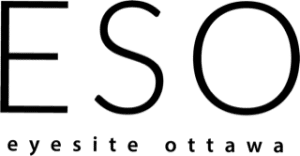Our doctors offer services that can help stop or slow the progression of myopia or “nearsightedness” in your children. If one parent is nearsighted your child has 3 times the risk of becoming nearsighted as well and if both parents are nearsighted that jumps up to 8 times the risk.
Being highly nearsighted not only increases your dependence on wearing glasses or contacts full-time but also is associated with an increased risk of developing glaucoma, retinal detachments and other eye disease later in life.
How it Works
- If a child starts to become nearsighted at a young age and you wish to keep their risk of progression as low as possible, myopia management can be a great option to look into. One way this can be achieved is with a specially designed contact lens program called orthokeratology. These are “hard” contact lenses designed to be worn strictly at night while sleeping. The lenses temporarily reshape the surface of the eye and make it so no glasses or contacts need to be during the day time. Studies have shown that progression of myopia is significantly reduced through the use of these contacts. Your doctor will evaluate your child and see if this may be an option for them and provide further details about how the process works
- Another option to minimize the progression of nearsightedness is through low-dose prescription atropine drops taken once per day in the evening. Your child will still wear their regular eyeglasses or contact lenses during the day and will instill the drop before bed. These drops have been shown to significantly slow the progression of myopia as well. Further information can be provided about these drops at your child’s comprehensive eye exam.

